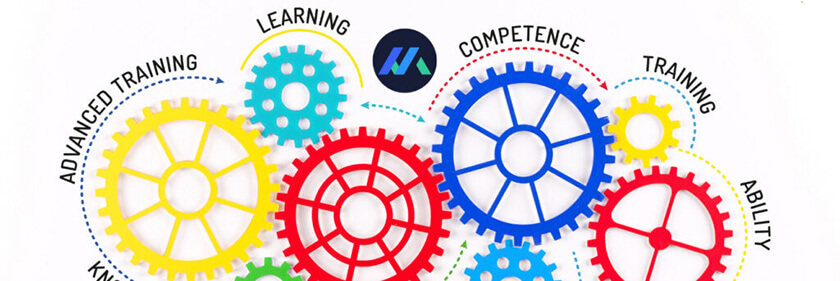According to PwC, computers would drive 70% global GDP growth between now and 2030. This represents a nearly $7 trillion dollar contribution to the United States’ Gross Domestic Product (GDP) from the combined development of artificial intelligence, machine learning, robotics, and embedded devices. This is the beginning of the emergence of a modern machine economy.
For those unfamiliar with the computer economy, it is a system in which intelligent, wired, autonomous, and economically self-sufficient machines or devices perform required manufacturing, distribution, and operations activities with augmented human involvement. The growth of this economy is critical to the rise of Industry 4.0.
Visionary leaders can integrate new technology and capital investments in ways that enable their businesses to develop, expand, diversify, and ultimately improve lives. This change will help in enabling the global adoption of new economic models. But this will not happen overnight or can be designed & implemented by itself. In order to provide impetus we need to:
1. Encourage participation in manufacturing:
While the majority of people agree that manufacturing is critical to our economy, they do not recommend it to their children. Between now and 2028, it is estimated that 4.6 million manufacturing jobs will go unfilled. The workforce is rapidly losing its second-largest age group, and millennials (the largest generation) have historically been uninterested in manufacturing employment. Other than that, they are often attracted to fields such as technology, engineering, and finance. The underlying problem may be one of understanding, as manufacturing in the future would require a much higher level of technology, engineering, and finance to work properly.
2. Nurture diverse abilities:
The manufacturing workforce is undergoing change. The number of solely manual, repetitive tasks is decreasing as technology progresses to automate and robotize these tasks. 50% of manufacturers have now implemented some level of automation, and they now need individuals with analytical thinking, programming, and digital skills. The occupations of the future will include titles including Digital Twin Engineer, Robot Teaming Coordinator, Drone Data Coordinator, Smart Scheduler, Factory Manager, and Safety Supervisor, among others.
3. Invest in both people and technologies:
While unskilled positions can be filled reasonably quickly, it usually takes months to fill a skilled role, and even longer for a person to learn the necessary skills before applying them on the job. Meanwhile, there is increased pressure to maximize the use of time and expertise of the current workforce, which may result in burnout. To prosper in the computer economy, we must make substantial investments in both people and infrastructure. Concentrating exclusively on infrastructure will generate short- and possibly medium-term gains. But it is not sustainable in the long run, and everyone loses.
4. Train and re-train
When individuals are inspired and have access to something to learn, the human capacity for learning is almost unlimited. We must ensure that enough training is available to workers at all levels of the organization. This will ensure that new hires are quickly brought up to speed.
Employers, like employees, must rethink and develop new skills – they must develop new methods for cultivating and retaining talent.
Makoro™’s #DynamicLearning technologies help you recruit and train seasoned staff, and it augments new employees as they enter the field.
Schedule a demo of Makoro™ today to find out how your workforce can leverage its augmentation capabilities.


